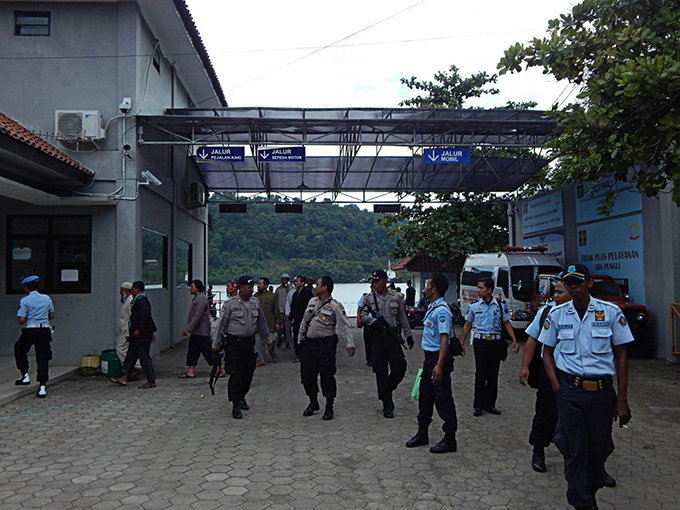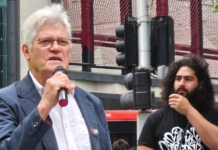
The number of drug convicts keeps rising despite the implementation of the death penalty in Indonesia, showing that capital punishment is not that effective in fighting drug-related crime, activists have said.
At least 16 NGOs grouped in the Anti-Death Penalty Civil Society Coalition told a press conference that the death penalty was not the solution to addressing crime in Indonesia, especially crime related to drugs.
The coalition’s statement comes ahead of the third round of executions of drug convicts, which many expect to be conducted very soon.
Indonesian Drug Victim Advocacy Brotherhood ( PKNI ) head Totok Yulianto said there had been a rise in the number of drug convicts despite the executions carried out in 2015.
Under the administration of President Joko “Jokowi” Widodo, the government has conducted two rounds of executions.
Six death row inmates were executed on January 18 last year, followed by eight more in the second round on April 29, 2015
Totok said there were 65,566 drug convicts recorded in January 2015, adding that that number had rose to 67,808 people by May 2015.
“Even though the government had carried out executions in January and April. This shows that the death penalty does not create a deterrent effect. This is data from the directorate general of corrections,” Totok said, as quoted by Kompas.com on Wednesday.
Correcting behaviour
Impartial director Al Araf said punishment in the modern era no longer followed the principle of retaliation; rather, it was aimed at correcting the behavior of someone who has broken the law.
“We do not support criminal acts at all. We reject the death penalty and instead lean more toward life sentencing, because the death penalty clearly violates human rights principles,” he said.
Given the nation’s fragile justice system, procedural violations in the implementation of the death penalty were still common, Araf added.
Citing the example of Zainal Abidin’s case, whose appeal was rejected almost immediately, Araf suggested this was because the convict, found guilty of possessing 58.7 kilograms of marijuana in 2000, had already been listed in the second round of executions.
“Just imagine, the legal process hadn’t yet finished, and when he lodged his appeal it was rejected within four days. This is clearly outside of the principles of justice,” he added.
Meanwhile, police have said the third round of executions was ready to be carried out in May 2016. The firing squad has been prepared for the execution of 15 drug convicts.
The Central Java police, in charge of Nusakambangan prison island where the convicts will be executed, said it was awaiting instructions from Attorney-General Muhammad Prasetyo.
So far, the Attorney-General’s Office has not disclosed the execution date or the identities of the convicts.











































